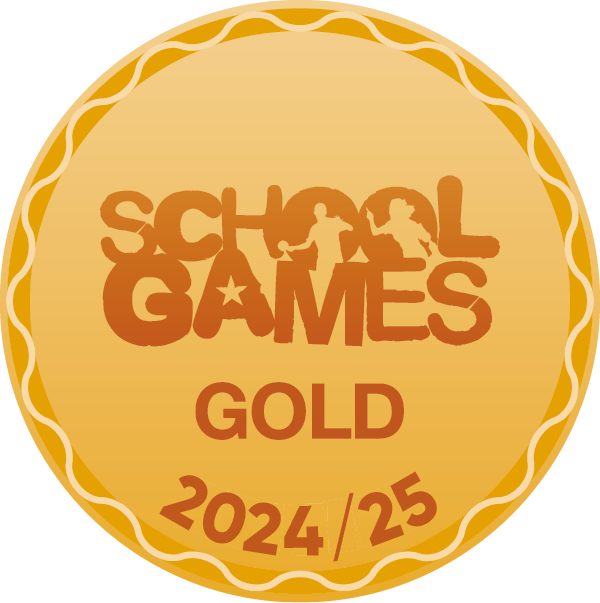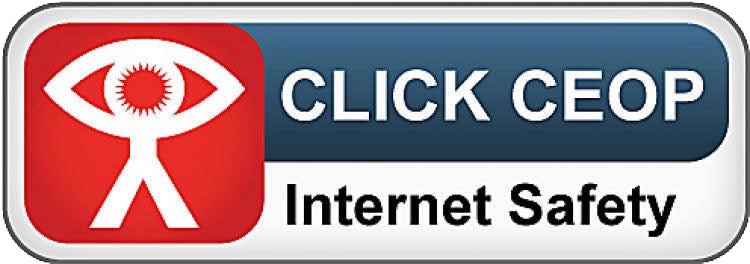PSHE and RSE
Curriculum Statement
At St. Mark's, personal, social, health and economic education (PSHE) is central to all aspects of pupil learning, both in the classroom and beyond, and we indeed strive to put relationship and trust at the heart of all we do. It is taught both as timetabled weekly lessons and across the school day in every aspect of school life. We are committed to providing a creative PSHE curriculum that equips our children with the knowledge, understanding, attitudes and practical skills to live healthy, safe, productive and fulfilled lives. The curriculum will enable them to understand and respect who they are, to empower them with a voice.
Teaching PSHE, we believe, is integral to providing a broad and balanced curriculum. We believe that good quality PSHE education prepares children for opportunities, responsibilities and experiences of later life, whilst also supporting the well-being of the children throughout their school career.
The Kapow PSHE scheme covers many spiritual, moral, social and cultural (SMSC) issues that affect the children as they progress in their school career. Additionally, the Kapow scheme significantly contributes to the British values agenda through direct teaching of information and through the experiential learning the children take part in.
Our PSHE curriculum also will equip children with an age appropriate understanding of RSE (Relationships and Sex education), stretching from Early Years to Year 6. We believe that relationships education should teach the fundamental building blocks and characteristics of positive relationships, with particular reference to friendships, family relationships, and relationships with other peers and adults.
Our Curriculum intent for PSHE and RSE
To promote children’s moral, social, spiritual, cultural and physical development through a broad and balanced PSHE curriculum.
- To build a PSHE curriculum which builds an understanding of RSE. This will allow children to develop safe and healthy relationships now and in the future.
- To develop children’s self-confidence and self-esteem so they can be active and happy members of the school community.
- To provide children with opportunities for gaining cultural capital (either within school or in the local community).
- To understand factors which allow us to have a healthy lifestyle.
- To understand the importance of British values.
Our PSHE curriculum is planned to develop children’s wellbeing and help them grow into active, healthy, responsible and enterprising individuals.
How will we implement this curriculum?
The Kapow Primary scheme is a whole school approach that consists of three areas of
learning in EYFS: Reception (to match the EYFS Personal, social and emotional development prime area) and five areas of learning across Key stages 1 and 2.
EYFS:
● Self-regulation
● Building relationships
● Managing self
Key stage 1 and 2:
● Families and relationships
● Health and wellbeing
● Safety and the changing body
● Citizenship
● Economic wellbeing
Each area is revisited to allow children to build on prior learning. The lessons also provide a progressive programme. The lessons are based upon the statutory requirements for Relationships and Health education, but where our lessons go beyond these requirements (primarily in the Citizenship and Economic wellbeing areas) they refer to the PSHE Association
Programme of Study which is recommended by the DfE.
Sex education has been included in line with the DfE recommendations and is covered in Year 6 of our scheme. The scheme supports the requirements of the Equality Act through direct teaching, for example learning about different families, the negative effect of stereotypes and celebrating differences, in addition to the inclusion of diverse teaching resources throughout the lessons.
Impact
The impact of our PSHE curriculum is that children will be able to demonstrate age-appropriate knowledge of the key concepts studied as well as developing the emotional intelligence needed to respond to situations and people in a successful way, moving forward into secondary education.
How do we assess PSHE and RSE?
Each lesson within Kapow Primary’s scheme features assessment guidance, helping
teachers to identify whether pupils have met, exceeded, or failed to meet the desired
learning intentions for that lesson.
Once taught the full scheme, children will have met the objectives set out within the
Relationships and Health Education statutory guidance and can utilise their learning
within their daily lives, from dealing with friendship issues to resilience.
Progression Documents

 St Mark's
St Mark's

